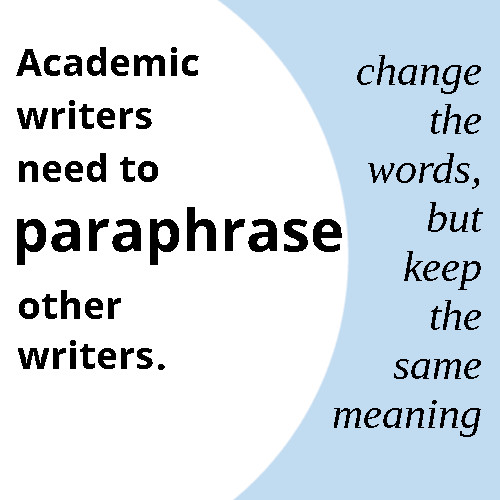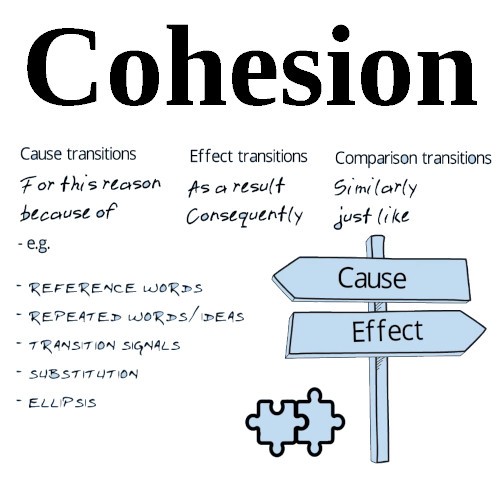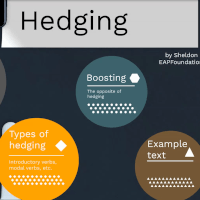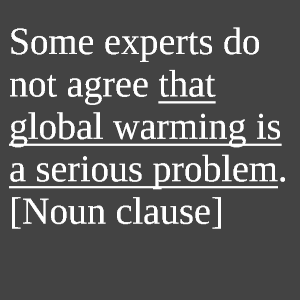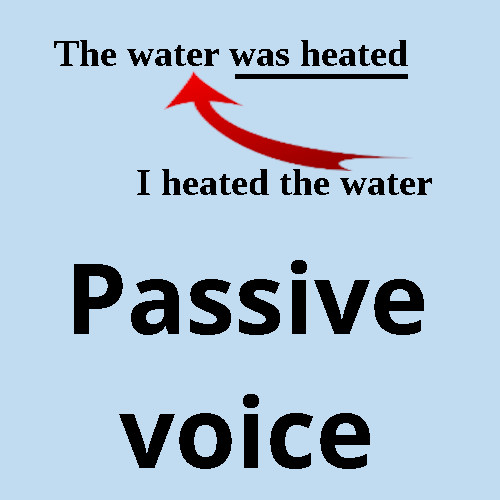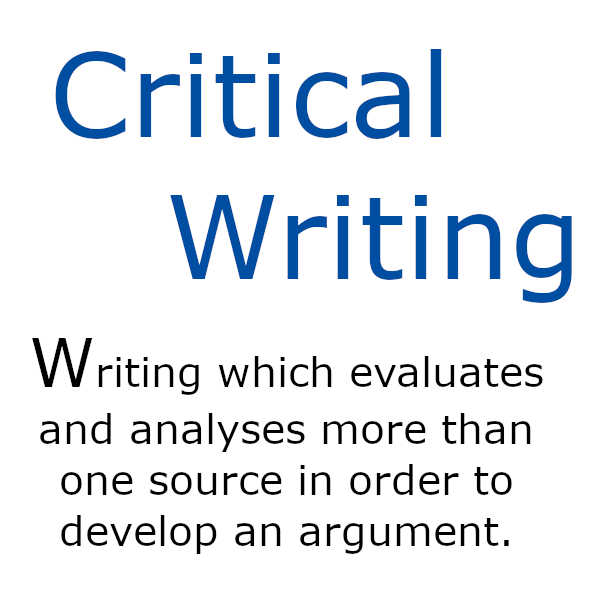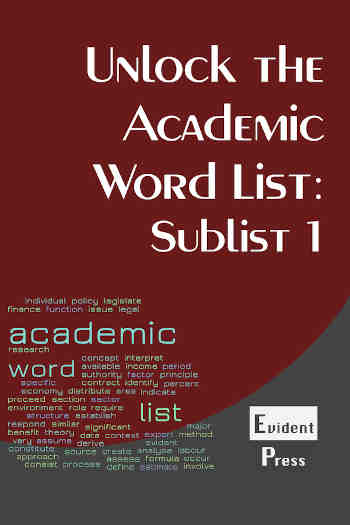Show AWL words on this page.
Show sorted lists of these words.


 







|
This section covers various skills needed for good academic writing.
In academic writing, you will need to use other writer's ideas to support your own. The most common way to do this is by using paraphrase.
Cohesion is what makes writing cohere or 'stick together', for example via the use of transition signals, references words or repeated words.
Hedging, also called cautious language, is a way of softening the language by making the claims or conclusions less absolute.
Describing data from graphs, tables or other sources requires certain grammar and vocabulary structures.
Understand when to use numbers in academic writing and when to use numerals, and some exceptions to the rule.
Good writing requires an appropriate mix of different types of sentence, using both simple and complex grammar (e.g. noun clauses, adjective clauses and adverbial clauses).
Academic writing uses a more objective tone than ordinary writing, with use of passive voice and impersonal structures.
Critical writing is writing which analyses and evaluates information, usually from multiple sources, in order to develop an argument.

